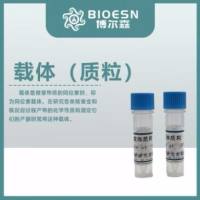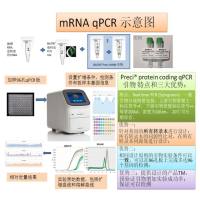Production and Localization of Recombinant Pharmaceuticals in Transgenic Seeds
互联网
617
Among the many plant-based production systems that have been developed for pharmaceutical proteins, seeds have the useful advantage of accumulating proteins in a relatively small volume, and recom-binant proteins are very stable in dry seeds allowing long-term storage and facilitating distribution before processing.
To take full advantage of the natural ability of endosperm cells to store large amounts of protein in a protected subcellular environment, it is useful to target recombinant proteins to appropriate storage organelles. In this chapter, we describe the distinct types of protein storage organelles in the cereal endosperm and a protocol for the detection of recombinant proteins in these organelles by immunofluo-rescence and immunogold labelling.
The use of food and feed crops for the production of pharmaceutical proteins such as edible vaccines implies the need for strict separation of the transgenic seeds from the food and feed chain. For improved traceability visual markers may be co-expressed with the gene of interest in engineered seeds. DsRed is one example for a fluorescent protein that can be detected with high sensitivity using low tech equipment. We therefore describe the generation of transgenic maize plants expressing DsRed in a constitutive manner, and we point out the advantages of using this marker during the process of transformation and selection of plant tissue and later during breeding of transgenic lines into elite germplasm.









